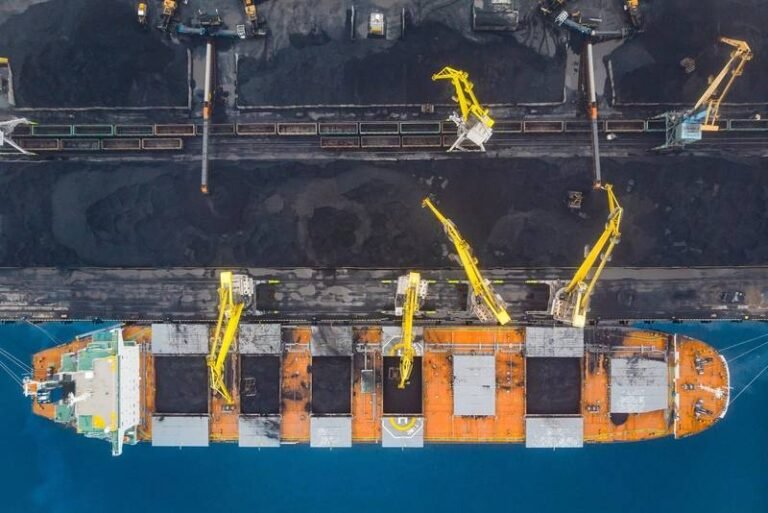Ensuring Safe Shipment of Coal by Sea: Lessons from Recent Incident
On November 27, 2024, approximately 100 nautical miles off the coast of Virginia, a bulk carrier shipping a type of coal called “Bailey High Vol Coking Coal” experienced consecutive explosions in the two forward cargo holds.
While still under investigation, the explosions are likely a result of the accumulation of methane gas that created an explosive atmosphere and resulted in significant damage to the two associated cargo holds. It was soon discovered that the other five cargo holds also had highly elevated levels of methane that were approaching the Lower Explosive Limit, presenting an immediate threat to the safety of the mariners and the ship.
Shipment of coal by sea presents a wide range of hazards, including but not limited to methane emission (creating a potentially explosive atmosphere), self-heating, and liquefaction. To mitigate these hazards, coal must be shipped per the standard precautions set out in the International Maritime Solid Bulk Cargo (IMSBC) Code. In addition to these general standards for shipping coal, the IMSBC Code specifies that the ship must also be provided with a cargo-specific shipping declaration that identifies particular hazards and details any supplementary conditions required for safe transport for the specific type of coal.
In this case, the U.S. Coast Guard noted that the cargo-specific shipping declaration did not meet the IMSBC standard to disclose that this type of coal was liable to produce methane. Investigators also noted that the ventilation of the cargo holds, the atmospheric sampling within the cargo holds, and the cargo’s trimming after loading did not comply with IMSBC standards.
Recommendations for Safe Shipment
In light of this recent incident and to mitigate the inherent risks associated with the shipment of coal by sea, the U.S. Coast Guard strongly recommends that vessel owners, operators, mariners, and other maritime personnel:
- Validate that the cargo-specific shipping declaration is complete by thoroughly addressing the properties and potential hazards of the specific type of coal being shipped as well as detailing stipulations for mitigation of these hazards.
- Review and ensure full implementation of conditions of carriage required for shipment of coal by sea as stipulated by IMSBC, the cargo-specific shipping declaration, the vessel’s Safety Management System, and industry best practices.
- Communicate openly with the shipper if the cargo’s behavior differs from that specified in the cargo declaration at any time during shipboard transit, at the loading facility, or during transit to the facility.
- Review contingency procedures detailing the detection of and appropriate responses to cargo-related emergencies, both onboard ships and at the loading facility.
- Exercise increased vigilance whenever interacting with coal in any capacity, both onboard ships and at the loading facility, understanding that this is a hazardous cargo that may pose an immediate danger. This includes taking strict precautions to remove or mitigate sources of ignition, including, but not limited to, electrical continuity, hot work protocols, and strict no-smoking zones.

